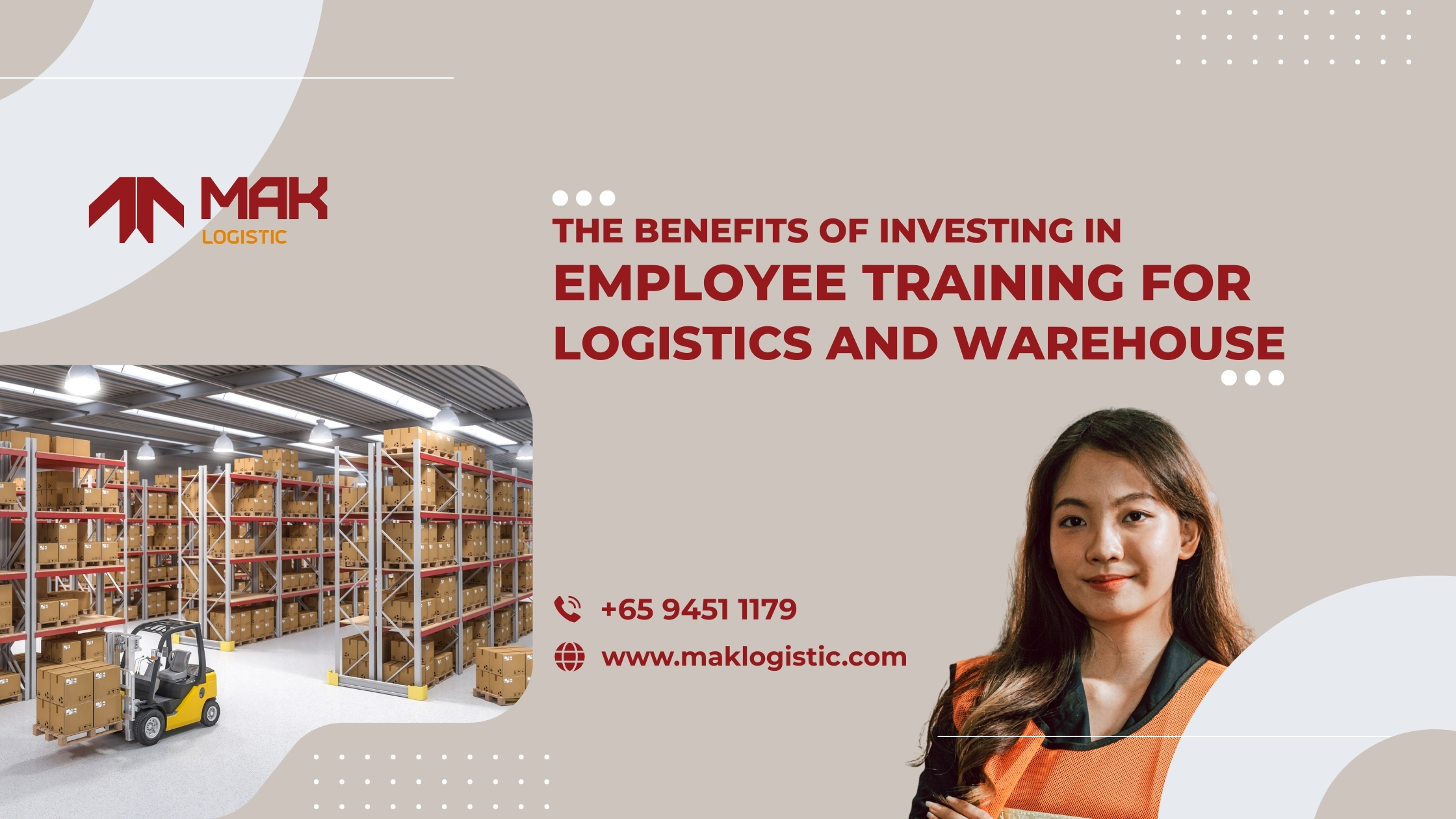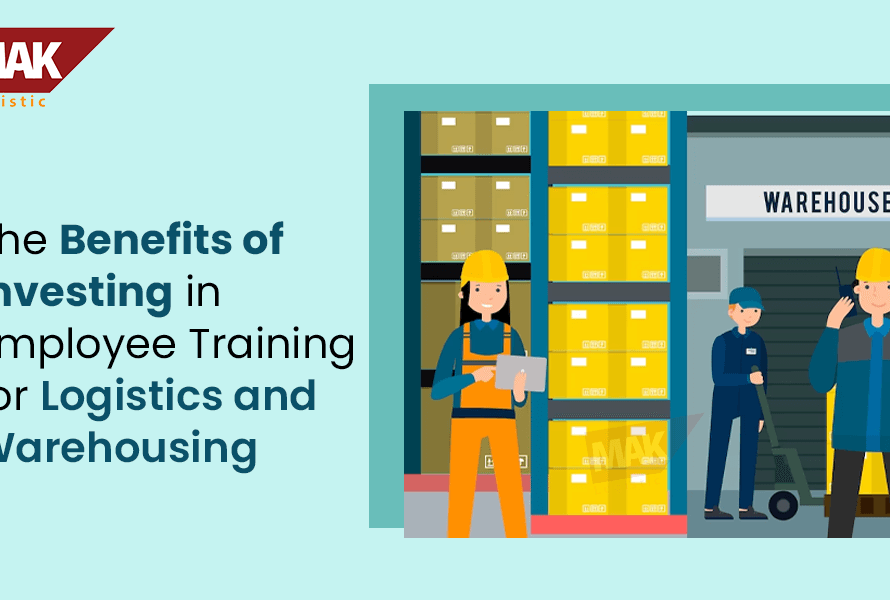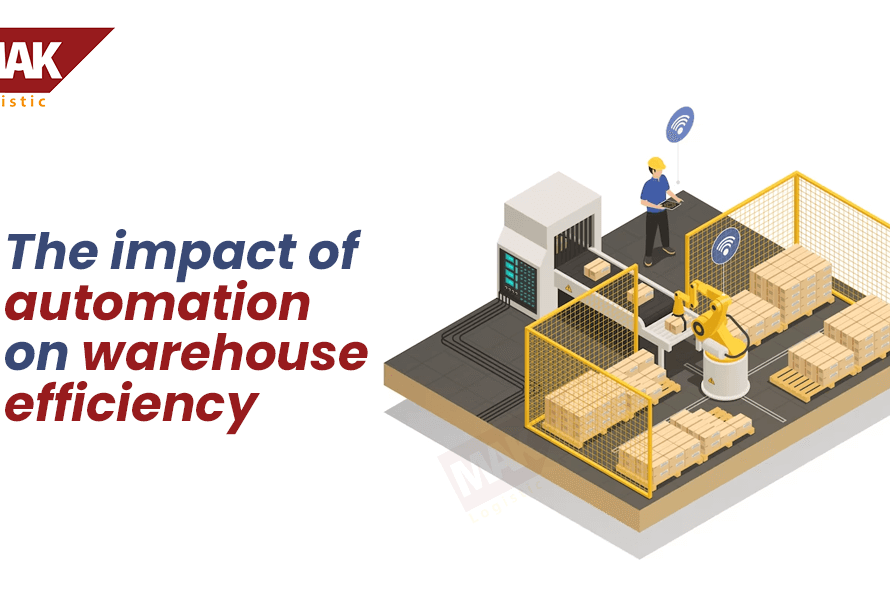
The Benefits of Investing in Employee Training for Logistics and Warehouse
It’s highly competitive supply chain ecosystem, logistics and warehouse operations play a vital role in ensuring that products reach customers efficiently and safely. With the rise of eCommerce and the growing demand for rapid order fulfillment, businesses are under pressure to optimize their logistics performance. According to a report by Grand View Research, the global logistics market size was valued at $9.96 trillion in 2023 and it will achieved the growth rate (CAGR) 6.7% form 2025 to 2023.
As logistics and warehouse operations become more complex, investing in employee training is no longer optional it is a strategic necessity. Whether it’s for eCommerce fulfillment services, transportation services, or warehouse manpower supply services, properly trained employees are crucial for efficiency, safety, and customer satisfaction.
Why Employee Training Is Important for Logistics and Warehouse Businesses
Warehouse and logistics teams often work in fast-moving environments where precision, timing, and safety are paramount. Training employees not only equips them with the necessary skills and knowledge but also prepares them to handle unexpected challenges, new technologies, and changing regulations. Here’s how employee training delivers measurable benefits across logistics and warehouse operations
Improved Productivity
One of the most direct benefits of employee training is enhanced productivity. When employees understand the proper handling of goods, inventory systems, packaging standards, and the use of warehouse technologies such as WMS (Warehouse Management Systems), they work more efficiently. They can complete tasks faster, reduce idle time, and minimize the bottlenecks that often slow down warehouse workflows.
Training ensures that employees are familiar with standard operating procedures (SOPs), reducing the time spent figuring out how to do a task. In environments that rely on speed and precision like eCommerce fulfillment services trained workers are able to meet tight shipping deadlines and customer expectations with ease.
Better Employee Morale
Investing in employee training sends a clear message: the company values its workforce. This acknowledgment significantly boosts morale and creates a more positive workplace culture. Employees feel more confident in their roles when they receive ongoing support and development opportunities.
When staff members understand their responsibilities and know how to perform their jobs well, they are less likely to feel overwhelmed or frustrated. This leads to lower turnover rates, fewer conflicts, and a more collaborative working environment.
Clients seeking temporary or permanent staffing solutions in logistics prefer manpower agencies that offer not just labor but skilled, ready-to-work professionals who can hit the ground running.
Reduced Errors
In logistics and warehousing, small mistakes can lead to big losses. Mislabeling a package, selecting the wrong item, or making a documentation error can result in delays, returns, and customer dissatisfaction. In worst-case scenarios, it can lead to safety hazards or violations of service-level agreements (SLAs).
Training minimizes these risks by emphasizing attention to detail, proper procedures, and critical thinking. Workers who receive instruction on quality control, inventory management, and order fulfillment are less likely to make costly errors.
This is particularly vital for eCommerce fulfillment services, where customer expectations for accuracy are high. A single error in an order can not only affect the customer experience but also damage the brand’s reputation.
Improved Safety
Logistics and warehouse environments are inherently risky due to the use of heavy machinery, the movement of large or hazardous goods, and high foot traffic. According to the U.S. Bureau of Labor Statistics, the warehousing and storage industry recorded over 22,000 nonfatal injuries in a single year. Many of these injuries could be prevented with proper safety training.
Training programs that focus on equipment handling, ergonomics, and emergency response protocols play a vital role in reducing workplace accidents. Employees who are trained in the correct use of forklifts, pallet jacks, and other tools are less likely to get injured or injure others.
Compliance with Regulations
These sectors are governed by a range of local and international regulations. These include labor laws, environmental standards, transportation safety requirements, and health and safety guidelines. Failing to comply with these can lead to heavy penalties, legal action, and reputational damage.
Ongoing employee training helps businesses stay compliant with these evolving regulations. It ensures that employees are up to date with the latest policies related to packaging, customs, waste disposal, and hazardous materials handling.
Wrapping
As the demand for fast and accurate logistics continues to grow especially with the expansion of eCommerce fulfillment services and global transportation services, companies must prioritize training to remain competitive. Additionally, providers of warehouse manpower supply services must ensure their workforce is not only ready to work but trained to excel in complex logistics environments.
At MAK Logistics, a trusted 3PL logistics provider, we understand that well-trained personnel are the backbone of efficient logistics operations. Whether it’s delivering reliable warehouse manpower supply services or managing end-to-end eCommerce fulfillment services, we invest in continuous employee training to ensure safety, compliance, and service excellence across the board.


